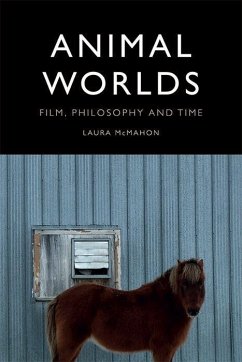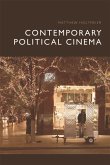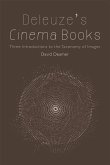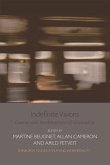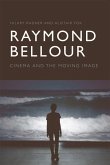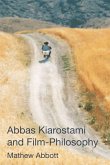'Animal Worlds is a significant addition to the field of animals in film. There are genuinely novel observations in every chapter, and some much-needed correctives of existing assumptions. The book charts new pathways across the work of Deleuze, and Deleuze and Guattari, linking Deleuze's writings on cinema with his collaborative writings on animals in A Thousand Plateaus. These new connections extend the scope of Deleuzian film theory on the one hand, and animal studies on the other. In Animal Worlds, cinema is revealed as the art of containment and surpassing. The durational aesthetic examined here seeks out the small gesture and fleeting expression as the marks of life's exuberance.' Anat Pick, Queen Mary University of London The first sustained exploration of the relations between cinematic time and animal life Focusing on a recent wave of international art cinema, Animal Worlds offers the first sustained analysis of the relations between cinematic time and animal life. Through an aesthetic of extended duration, films such as Bestiaire (2012), The Turin Horse (2011) and A Cow's Life (2011) attend to animal worlds of sentience and perception, while registering the governing of life through biopolitical regimes. Bringing together Gilles Deleuze's writings on cinema and on animals - while drawing on Jacques Derrida, Jean-Christophe Bailly, Nicole Shukin and others - the book argues that these films question the biopolitical reduction of animal life to forms of capital, opening up realms of virtuality, becoming and alternative political futures. Laura McMahon is Lecturer in Film and Screen Studies at the University of Cambridge. Cover image: Bestiaire (Denis Côté, 2012). Image reproduced by permission from the director. Cover design: [EUP logo] edinburghuniversitypress.com ISBN 978-1-4744-4638-9 Barcode

